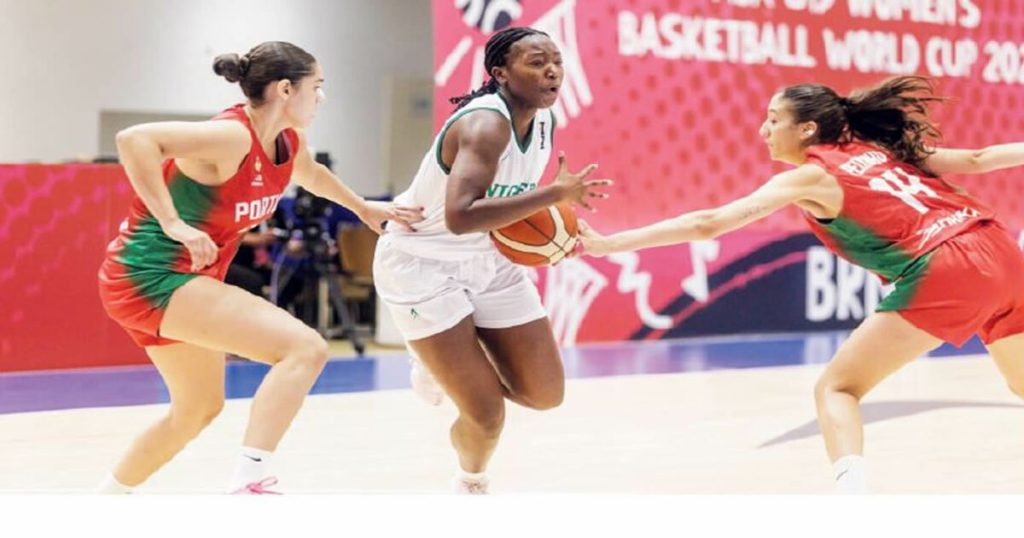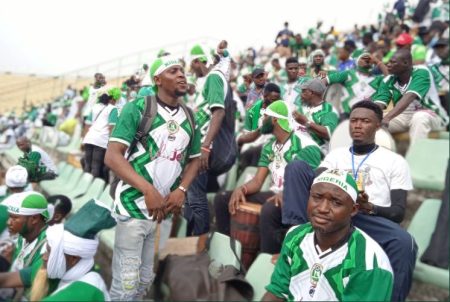Nigeria’s U-19 women’s basketball team, the Junior D’Tigress, saw their hopes of a title run at the FIBA U-19 Women’s Basketball World Cup dashed after a decisive 77-51 defeat against Hungary in the round of 16. The tournament, held in Brno, Czechia, marked the team’s debut on the world stage. While their journey to the knockout stage included a historic victory, ultimately, the team’s inexperience and struggles against tougher European competition proved too much to overcome. This defeat shifted their focus from championship contention to securing a respectable finish in the classification rounds.
The Junior D’Tigress, having secured third place in Group B with a 1-2 record, entered the knockout stage with a mix of hope and uncertainty. Their opening win against China, a thrilling 93-88 contest, showcased the team’s potential. However, subsequent losses to Canada and Portugal exposed vulnerabilities that Hungary expertly exploited. The round of 16 clash against Hungary started promisingly, with a tight first quarter ending in a 9-9 tie. However, the ensuing quarters witnessed a Hungarian surge, outscoring Nigeria significantly in each period. This consistent pressure, coupled with Hungary’s superior ball movement and rebounding, ultimately led to the Junior D’Tigress’ elimination from title contention.
A key factor in Hungary’s victory was their offensive efficiency. They outshot Nigeria in field goal percentage, converting at a 38% clip compared to Nigeria’s 27%. This disparity, combined with a significant advantage in assists (27 for Hungary versus 8 for Nigeria), highlighted the difference in ball movement and offensive execution. Hungary’s superior passing and court vision created numerous open scoring opportunities, while Nigeria struggled to generate consistent offensive flow. Furthermore, Hungary dominated the boards, outrebounding Nigeria 51 to 37, securing valuable second-chance points and limiting Nigeria’s offensive possessions.
Despite the loss, several Nigerian players demonstrated individual brilliance. Toby Nweke led the scoring effort with 12 points and contributed four rebounds. Jessica Ajayi also reached double figures with 11 points and added four rebounds. Momoluwa Tewogbade chipped in with 9 points and 3 rebounds. While these performances offered glimpses of individual talent, they were ultimately insufficient to counter Hungary’s cohesive team play and dominant performance. The absence of a broader, more balanced scoring distribution hampered Nigeria’s ability to mount a sustained challenge.
On the Hungarian side, Jesopovits Kinga spearheaded the offensive onslaught with a game-high 19 points and 8 rebounds. Dora Toman and Szidonia Albert provided crucial support, scoring 17 and 11 points, respectively. The Hungarian team showcased a balanced attack, with multiple players contributing significantly. This depth, combined with their effective ball movement and rebounding prowess, proved too much for the Junior D’Tigress to handle. The loss underscored the importance of team chemistry and a multi-faceted offensive approach in high-level international competition.
While the dream of a World Cup title is over for Nigeria, their journey in the tournament continues. They will compete in the classification rounds, aiming to secure the best possible finish among the teams ranked 9th to 16th. This stage offers an opportunity for the young Nigerian squad to gain valuable experience, learn from their earlier setbacks, and demonstrate their resilience. The classification games provide a platform for individual players to further develop their skills and for the team as a whole to build chemistry and cohesion for future tournaments. Although the ultimate goal of a championship remains elusive this time, the experience gained at this World Cup will undoubtedly serve as a crucial stepping stone in the development of Nigerian women’s basketball.













